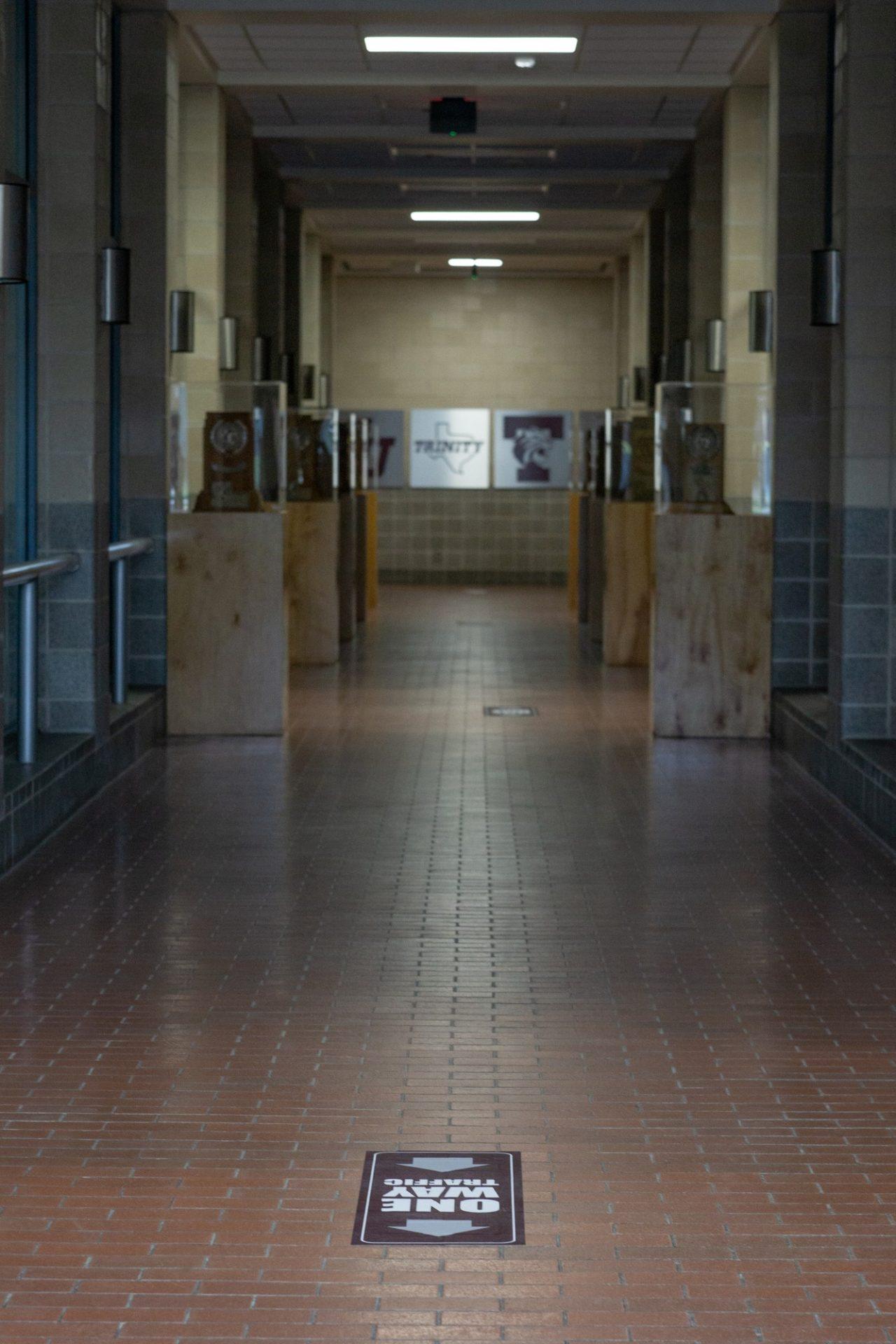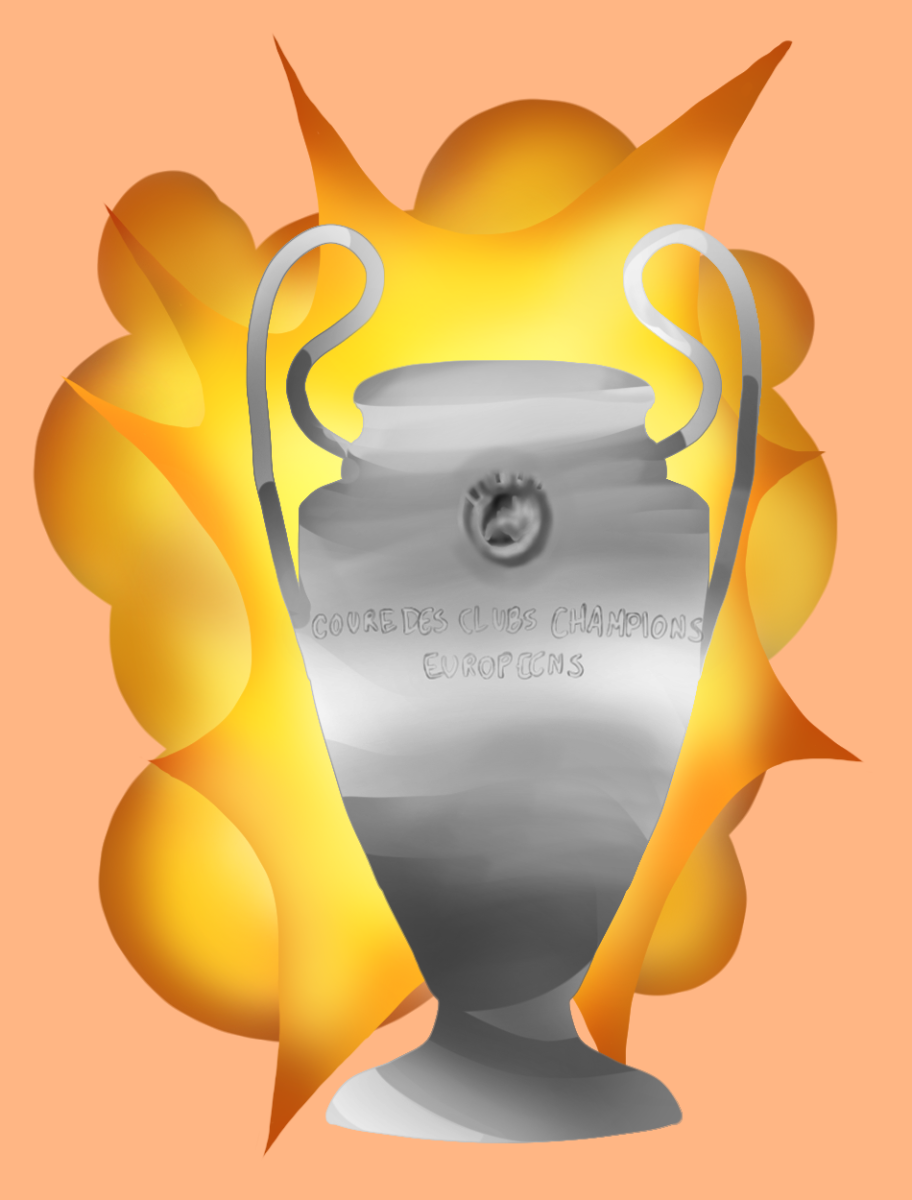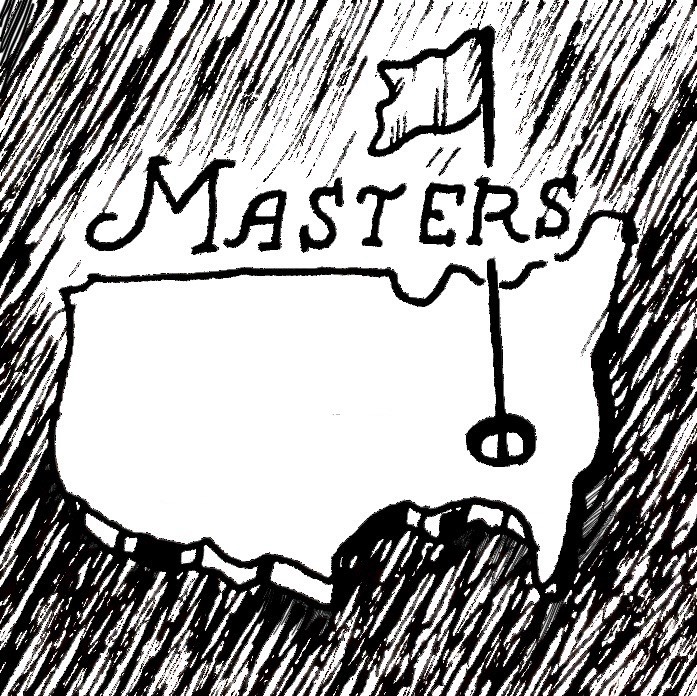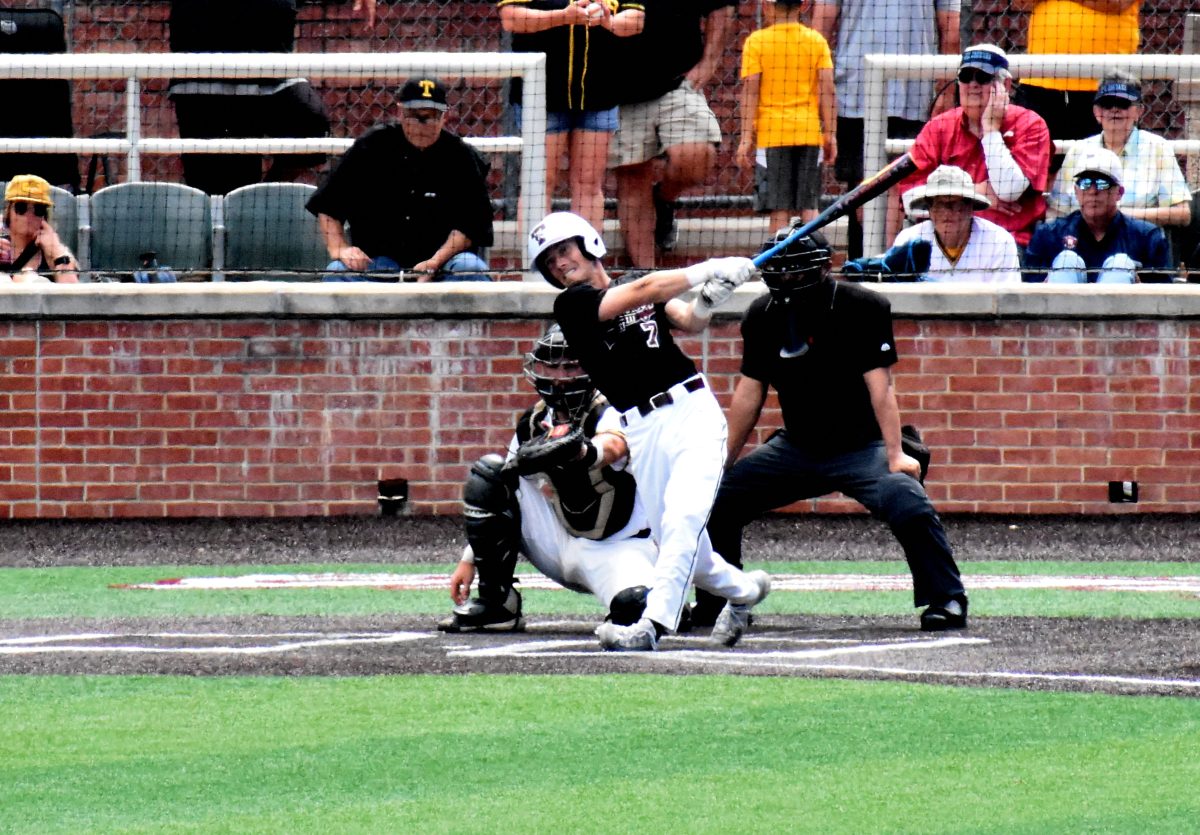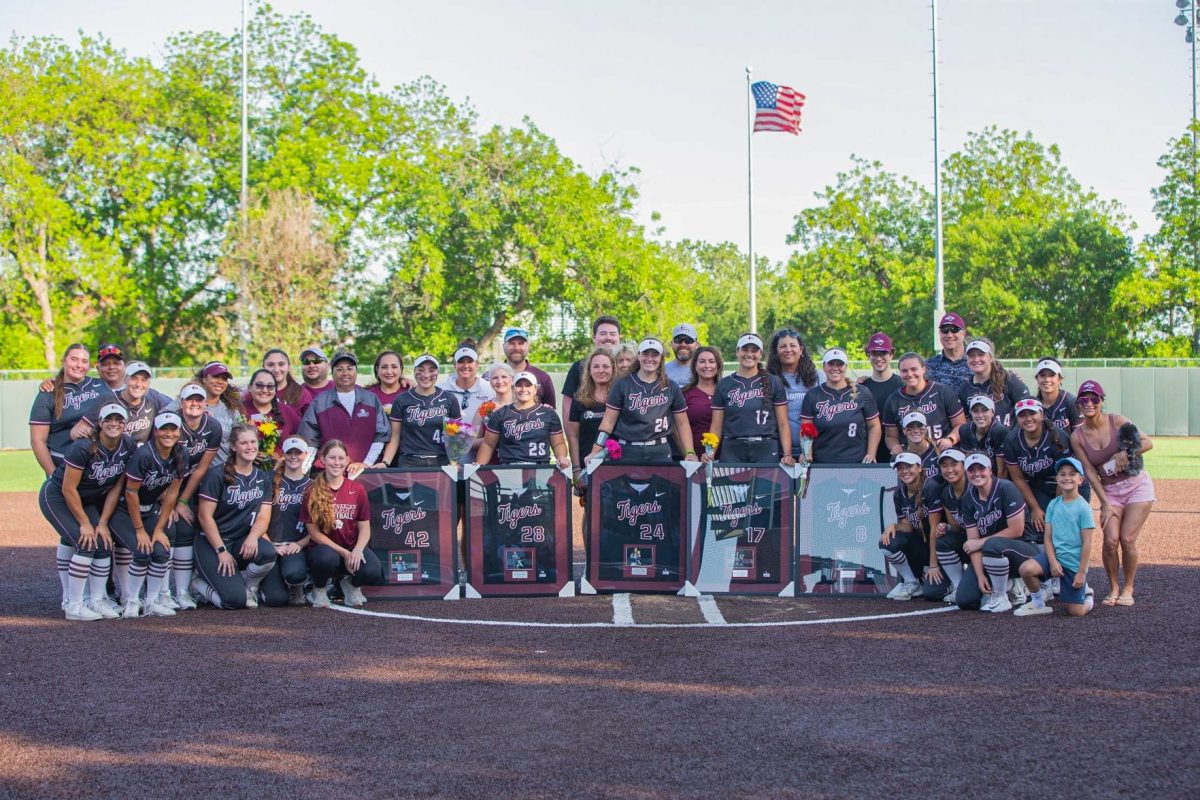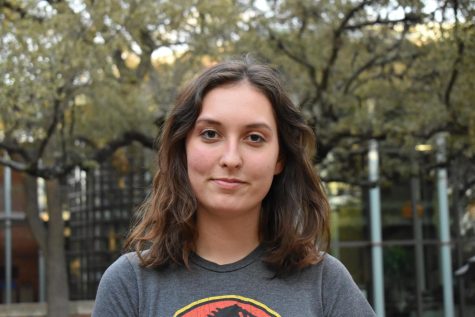Photo by Kate Nuelle
Across the country, universities, including Stanford University and a number of Division III schools like Earlham College and the University of Massachusetts-Dartmouth, have announced that they will be cutting athletic programs, citing budget restraints caused by COVID-19.
While Trinity’s department of athletics will be undergoing budget cuts as part of an institution-wide initiative, none of Trinity’s eighteen sports programs will be cut, according to Director of Athletics Bob King.
According to King, the department of athletics is happy with their current size and the topic of downsizing has not been on the table.
“Our eighteen sports is the average number of sports [teams] in Division III, we’re the average school population, we’re the average [number of] sports. So, when you look at, say, Stanford, where they had 36 sports and they’re going to cut eleven, that’s still not down to our eighteen. I think we feel like we’ve got the right balance in nine sports for women and nine for men,” King said. “We feel like we’re in a good spot and there have not been any discussions, that I’m aware of, of reducing our sports.”
However, while there is no danger of programs being cut, the fall budget will be very different due to the cancellation of all Southern Collegiate Athletic Conference (SCAC) sports for the fall 2020 season. While the loss of fall NCAA championships will allow the department of athletics to save on travel expenses, institution-wide budget cuts will have an impact on the department’s budget for the upcoming semester, according to King.
“I think what we’re doing now is only purchasing essential items, equipment, whatever it may be. We’re not going to be buying anything that is not absolutely necessary for this semester,” King said.
Essential items do not include the supplies required to implement the necessary safety measures to prevent the spread of COVID-19, including the safety features added to the Bell Center. Funds for such measures come from a separate University budget, according to Associate Director of Athletics and Sports Information Director Justin Parker.
“There is a separate budget, to my understanding, where they handle these types of things, that come specifically for COVID-19 related things. Like the shields and things like that, the barriers, even as far as some of the signage that we’ve put up, has come from that budget,” Parker said.
Despite budget cuts and a raging pandemic, the department of athletics hopes to continue engaging student-athletes in their respective sports. In addition to holding practices, there are leadership development and mental health programs targeted at student-athletes in the works, according to NCAA Faculty Athletics Representative Jacob Tingle.
“[These programs] are a couple of things [that] aren’t necessarily in the works just because of COVID… some of that [has] probably been jump-started because we’ve got a group of students who are now used to having a pretty significant chunk of their week, 20 plus hours, committed to doing something,” Tingle said.
However, because the possibility of a sustained leadership program has been in flux due to funding, according to former Student-Athlete Committee Advisor Aly Lilly, the most concrete way to continue student-athlete involvement is through continued practice.
“As long as the protocols go well [and] we follow the COVID protocols, I think we’ll have practice the entire semester for all our teams, and that will be something great,” King said.
Holding practices in the fall gives athletes an opportunity to continue improving and bonding as a team, especially first-year athletes who will be getting to know their coaches and teammates. It is also important that fall athletes continue to practice and stay in shape, as they may have the opportunity to compete in the spring.
“I know for a fact that [the] SCAC has a scheduling subcommittee that’s looking at the fall sports, [and] moving them into the second semester,” King said.
While no plans have been approved or finalized by the SCAC President’s Council, it is the department of athletics’ hope that every team will have the opportunity to compete, according to King.
“We know how traumatic last spring was and now the fall, so we’re committed to giving everybody something to play for, even if it’s just a conference championship and a number of reduced matches in whatever sport they are in,” King said. “That’s our goal, and as long as we can handle the safety and health of our students with the virus, we will have practice everyday and move into the second semester and that will be what we’re trying to achieve.”

